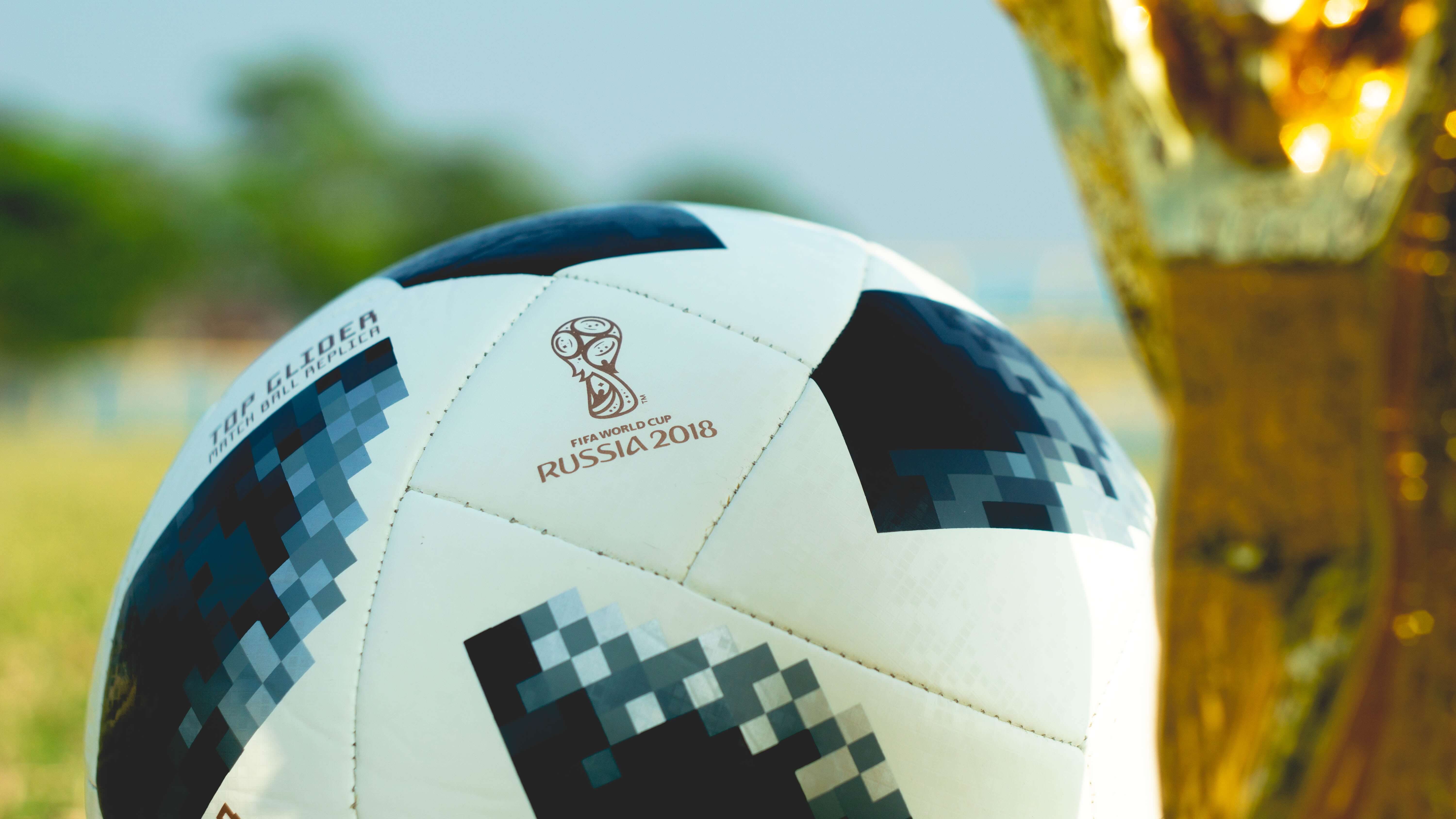The 21st edition of the FIFA World Cup is finally here, and 32 nations will compete against each other for the most valuable prize in football.
With an estimated budget of US$ 11–14 billion, the Russian edition is set to be the most expensive football championship in history. Organisers, people in marketing and fans of the sport will be keeping themselves busy for the next few weeks.
Speaking to fans in their language
There is no doubt that the World Cup is one of the biggest television and sporting events globally. Billions of people from all corners of the globe will have their eyes fixed on a TV screen, and many people from all over the world will also be in Russia to watch the games.
However, not much due appreciation is given to the gargantuan task and challenges many of those involved in the event, directly or not, encounter when they have to work in an environment where so many different languages are involved; nor the benefits and advantages such an undertaking offers.
Organisers have to work not only with the 32 teams involved and the rest of their staff, all of whom speak their own language, but also with football enthusiasts that come from most countries to enjoy the games and their stay there. Indeed a multilingual fan support centre has been set up to assist football fans who encounter problems during their stay in Russia and organisers say they expect to receive over 75,000 calls from fans during this World Cup.
FansHotline24, as the 24/7 support centre is called, will provide information, as well as legal and medical assistance in 10 languages – Russian, English, German, French, Spanish, Portuguese, Arabic, Japanese, Persian and Chinese. A great initiative, especially in a country where the alphabet is different from most of the visitors’ own.
Going beyond words on the field
Футбол, as it is written in Russian, is the Cyrillic transcription of what the word “football” sounds. The Japanese use the word サッカー, which is also the phonetic spelling for an alternative word for football – “soccer”. In spite of English being thought of as the international language, and football jargon like foul, corner and goal being widely known worldwide, many people around the world do not speak or understand it.
At a time when millions of people are engaged on social media, many in the marketing industry will undoubtedly be busy implementing effective strategies in order to stand out. Language can play a significant part of that strategy. The yellow and red card were first used in the 1970 World Cup held in Mexico to avoid any misunderstandings between the referee and players, such as when the Argentinian captain refused to walk off the pitch, which resulted in an 8 minute pause of the match, during a 1966 game against England. They have since become symbols of football. When a referee reaches for their pocket everyone has an idea of what happens next – a warning or a send–off. Language and translations are not needed.
But how does one send a message on a psychological and emotional level best to sell their product to an audience so vast? While symbols and gestures make things easier to understand and emotions such as joy, fear, anger and frustration are easy to read regardless of what language one speaks, they still have their limitations.
Speaking from the heart
People who speak a second language are still more emotionally attached to their native tongue and since advertising works better when it targets emotions, using the target audience’s language is more powerful. Has your team ever played badly, missed a clear opportunity to score, or been unjustly punished? You most likely did not use your second language to express yourself on those occasions!
With the right ingredients, international events such as the World Cup could lead to a successful campaign. With emotions running high and the talk in town focused on such events, an effort to translate effectively will surely bear its fruit. It is definitely worth its challenge.
Useful Russian phrases for the World Cup:
- Пойдем на игру посмотрим? (Paidyom na igru pasmotrim) – Shall we go and see the game?
- Кто сегодня играет? (Kto sevodnya igrayet?) – Who is playing today?
- Нарушение! (Narushenye) – Foul
- Грязная игра! (Gryaznaya igra) – not fair play
- Давай! (Davaee) – Come on!
- Отличный гол! (Atlitchni gol) – Amazing goal



